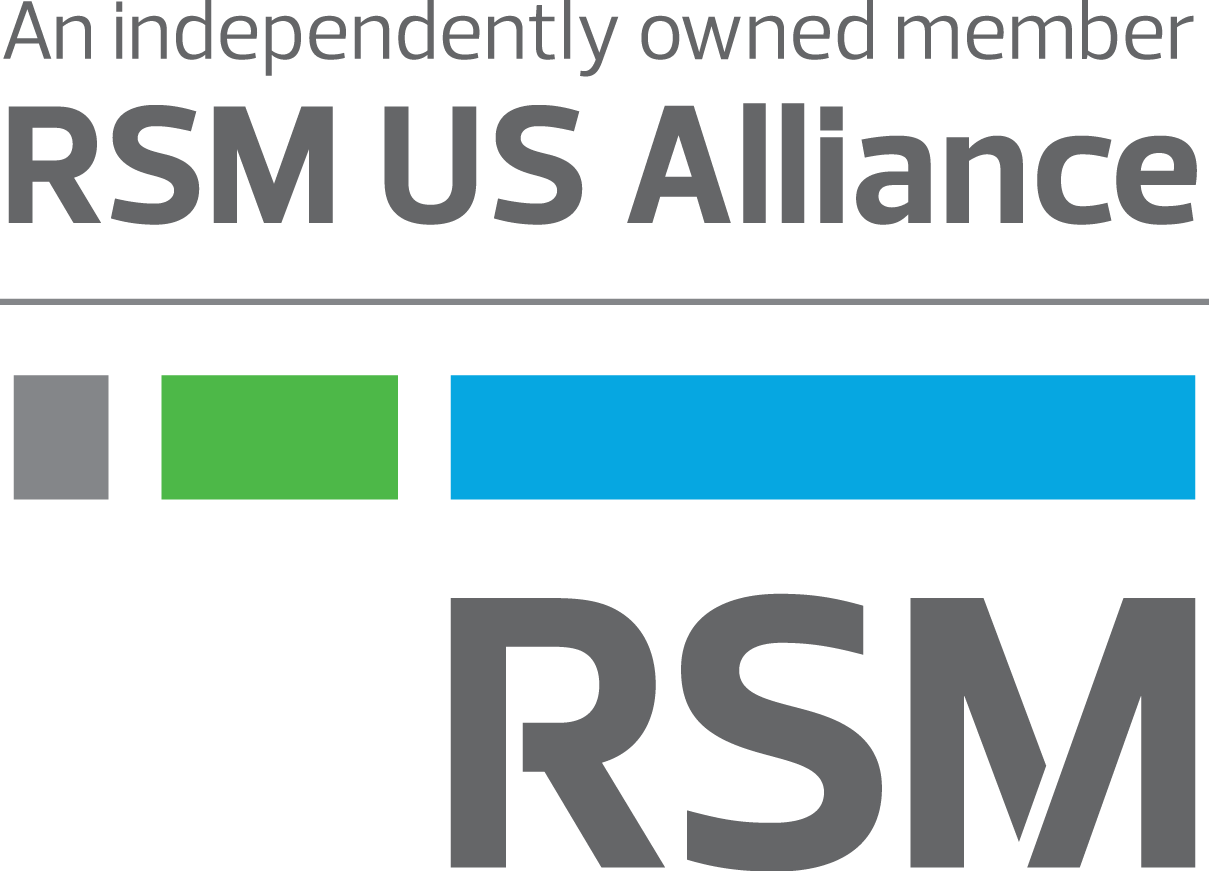
Income tax provision considerations for financial statement preparers
ARTICLE | February 07, 2023
Authored by RSM US LLP
Financial statement preparers should consider the impact of new tax laws and regulations on income tax calculations and disclosures in their 2022 financial statements. While the list below is not intended to be comprehensive, it provides a high-level summary of new laws that affect the 2022 tax year and may impact 2022 financial statements. For further information please consult RSM’s tax alert and RSM ASC 740 tax specialists and/or income tax SMEs. RSM’s full year-end tax alert can be accessed here.
Required capitalization of research and experimental expenditures
The Tax Cuts and Jobs Act (TCJA) of 2017 requires companies to capitalize research and experimental (R&E) expenditures beginning with tax years beginning after December 31, 2021 (i.e., calendar year 2022 tax returns). Domestic and foreign capitalized R&E expenditures are amortized over five and 15 years, respectively. Prior to the TCJA, these expenditures were expensed and deductible in the year incurred.
In accordance with the provisions of the Financial Accounting Standards Board’s Accounting Standards Codification (ASC) Topic 740, Income Taxes, the new capitalization and amortization requirements will generally result in a temporary difference, with offsetting increases/decreases in current and deferred taxes. There may also be other indirect effects on a company’s income tax provision. For example, companies that have historically incurred taxable losses will need to carefully consider the impact of this capitalization on current taxable income, utilization of net operating losses, and realization of deferred assets. Foreign entities should also consider the impact of the global intangible low-tax income (GILTI) inclusion, and its interaction with the R&E capitalization, on their 2022 income tax returns and financial statements.
Limitations on interest expense under section 163(j)
Under section 163(j), a taxpayer’s interest expense deductions are generally limited to 30% of adjusted taxable income (ATI). The determination of ATI no longer includes an add-back for depreciation, amortization, or depletion in tax reporting years beginning on or after January 1, 2022. Companies need to assess the impact of this change on both their 2022 income tax returns and financial statements.
Inflation Reduction Act (IRA)
The Inflation Reduction Act (IRA) of 2022 includes a corporate alternative minimum tax (CAMT) effective for tax years beginning on or after January 1, 2023, that applies to each of the following:
- Corporations (excluding certain entities, as defined) with a three-year average adjusted financial statement net income (as defined) exceeding $1 billion, or
- Domestic (U.S) corporations (excluding certain entities, as defined) that are part of a controlled group with a foreign parent, where the aggregate three-year average adjusted financial statement income (as defined) for such domestic corporations exceeds $100 million, provided that the three year average total adjusted financial statement income of the controlled group exceeds $1 billion.
The IRA also includes a new tax on public companies that repurchase their shares after December 31, 2022. This tax is not an income tax accounted for under ASC 740. Instead, the tax should be accounted for as a cost of the stock repurchase (i.e., within equity).
While the provisions of the IRA are effective for periods beginning on or after January 1, 2023, reporting entities should consider whether disclosures are required within their 2022 year-end financial statements.
This article was written by RSM US LLP and originally appeared on Feb 07, 2023.
2022 RSM US LLP. All rights reserved.
https://rsmus.com/insights/financial-reporting/income-tax-provision-considerations-for-financial-statement-prep.html
The information contained herein is general in nature and based on authorities that are subject to change. RSM US LLP guarantees neither the accuracy nor completeness of any information and is not responsible for any errors or omissions, or for results obtained by others as a result of reliance upon such information. RSM US LLP assumes no obligation to inform the reader of any changes in tax laws or other factors that could affect information contained herein. This publication does not, and is not intended to, provide legal, tax or accounting advice, and readers should consult their tax advisors concerning the application of tax laws to their particular situations. This analysis is not tax advice and is not intended or written to be used, and cannot be used, for purposes of avoiding tax penalties that may be imposed on any taxpayer.
RSM US Alliance provides its members with access to resources of RSM US LLP. RSM US Alliance member firms are separate and independent businesses and legal entities that are responsible for their own acts and omissions, and each are separate and independent from RSM US LLP. RSM US LLP is the U.S. member firm of RSM International, a global network of independent audit, tax, and consulting firms. Members of RSM US Alliance have access to RSM International resources through RSM US LLP but are not member firms of RSM International. Visit rsmus.com/aboutus for more information regarding RSM US LLP and RSM International. The RSM(tm) brandmark is used under license by RSM US LLP. RSM US Alliance products and services are proprietary to RSM US LLP.

VPTAX is a proud member of RSM US Alliance, a premier affiliation of independent accounting and consulting firms in the United States. RSM US Alliance provides our firm with access to resources of RSM US LLP, the leading provider of audit, tax and consulting services focused on the middle market. RSM US LLP is a licensed CPA firm and the U.S. member of RSM International, a global network of independent audit, tax and consulting firms with more than 43,000 people in over 120 countries.
Our membership in RSM US Alliance has elevated our capabilities in the marketplace, helping to differentiate our firm from the competition while allowing us to maintain our independence and entrepreneurial culture. We have access to a valuable peer network of like-sized firms as well as a broad range of tools, expertise, and technical resources.
For more information on how the VPTAX can assist you, please call us at (408) 278-8370.